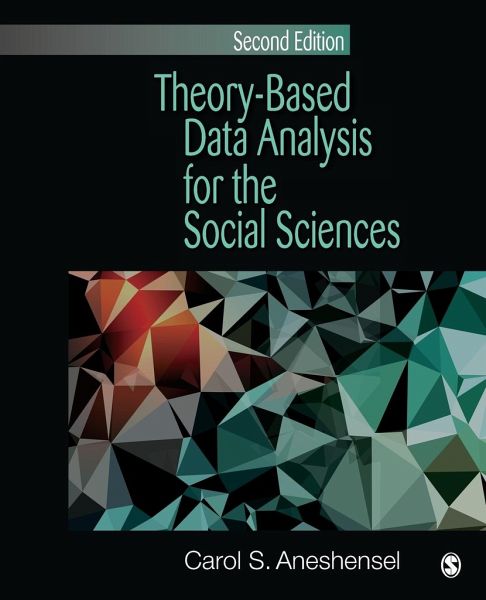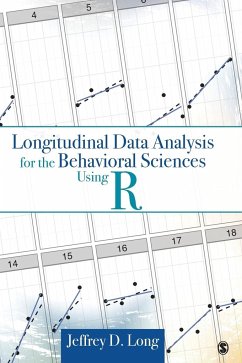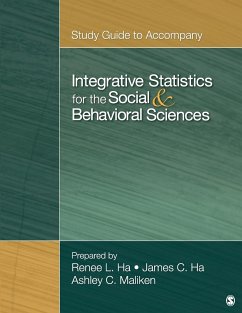
Theory-Based Data Analysis for the Social Sciences
Versandkostenfrei!
Versandfertig in 1-2 Wochen
96,99 €
inkl. MwSt.

PAYBACK Punkte
48 °P sammeln!
Carol S. Aneshensel's Second Edition of Theory-Based Data Analysis for the Social Sciences presents the elaboration model for the multivariate analysis of observational quantitative data. Two complementary strategies are used: an exclusionary strategy and an inclusive strategy. The primary emphasis is on the translation of theory into a logical analytic strategy and the interpretation of results. The elaboration model is applied with case studies drawn from newly published research serving as prototypes for aligning theory and the data analytic plan used to test it. The second application of t...
Carol S. Aneshensel's Second Edition of Theory-Based Data Analysis for the Social Sciences presents the elaboration model for the multivariate analysis of observational quantitative data. Two complementary strategies are used: an exclusionary strategy and an inclusive strategy. The primary emphasis is on the translation of theory into a logical analytic strategy and the interpretation of results. The elaboration model is applied with case studies drawn from newly published research serving as prototypes for aligning theory and the data analytic plan used to test it. The second application of the elaboration model is in the form of original data analysis presented in two Analysis Journals that are integrated throughout the text and implement the full elaboration model. Using real data, not contrived examples, the text provides a step-by-step guide through the process of integrating theory with data analysis in order to arrive at meaningful answers to research questions.














